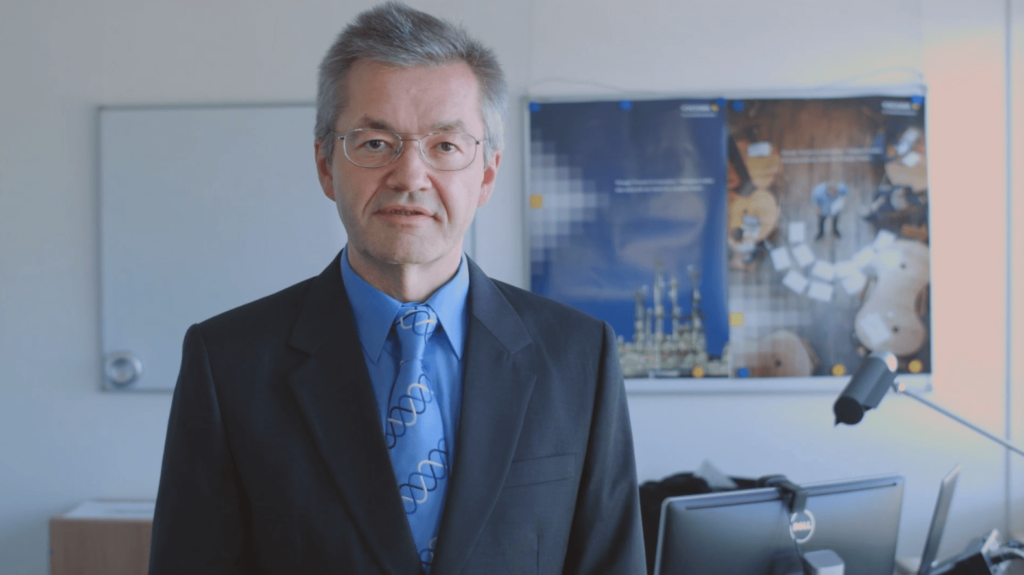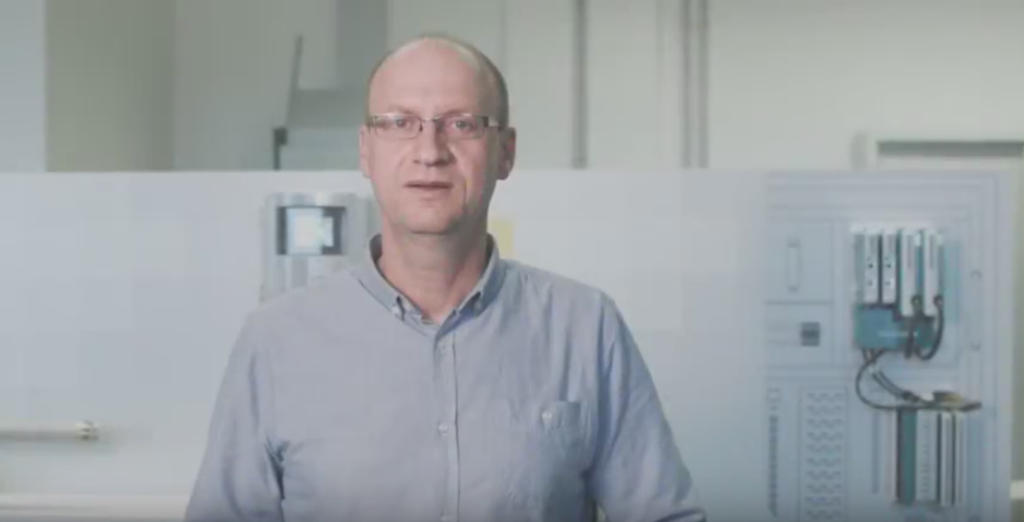Fine particles from all those New Year’s Eve fireworks, the dark side of the Moon, hackers leaking politicians’ personal data – these are just a few of the stories that made the headlines in Germany in late December and early January. The debate surrounding the pyrotechnics that traditionally ring out the old year can be trusted to flare up again without fail. The opponents argue that they’re dangerous, a waste of money and bad for the environment. About one fifth of the annual incidence of fine particulate matter occurs during that short period around midnight. They say private fireworks should be banned. According to the supporters, this is precisely where the attraction lies: okay, so fireworks are a waste, they do pollute the air and they are unreasonable. But then again, this kind of rationality hole is exactly what every society needs every now and then. I, for my part, took a stance with a bottle of bubbly. On the grounds that if it was going to harm anyone, then only me, and there are some classic rituals I wouldn’t want to do without. After all, homo sapiens is a creature of habit.
The pace of change is unsettling
We humans have often found it difficult to cope with change. When King Louis XIV first introduced street lanterns back in the 17th century, there was an outcry among his citizens and many of those newfangled nightly light sources were destroyed in protest. It was probably the loss of their privacy that they were protesting against. It’s also basic human nature to react with aggression to anything new that happens to be standing around unattended. Deutsche Bahn, for instance, the German railway company, was initially frustrated by vandalism to its eye-catching rental bikes; however, the problems soon eased when local residents “became accustomed to the sight of the two-wheelers”. This and similar amusing examples are described by Kathrin Passig in her essay on standard situations of technology criticism.
Today, it tends to be the pace of change that we find unsettling. “AlphaFold” is an excellent case in point here, even if the actual detonation set off by this science bombshell appears not to be making too many (sound) waves: a model using artificial neural networks came first in a prestigious ranking of software programs for predicting protein structure. It helps if you know what Jaromir Konecny knows – and has already developed further in his scientific blog: “The three-dimensional structure of a protein is the holy grail of molecular biology and bioinformatics. If we know which gene sequences lead to which protein structures, that can increase our understanding of the biology of organisms and cure many diseases. And that’s not all! We can then also build protein tools specifically for numerous other applications: optimized protein design could help manage pollutants such as plastic and oil. How would these tools impact on climate protection?”
The digital transformation is revolutionizing the world we live in
Contrary to what you might think, AlphaFold wasn’t developed by one of the pharmaceutical giants or by an academic institution for biochemistry. It was designed by DeepMind, a Google subsidiary. The enigma that bioinformaticians and molecular biologists have been trying to solve for what seems like an eternity is currently being deciphered by a high-tech enterprise which specializes in programming artificial intelligence, and for which biochemistry was until recently a great unknown. And it’s taken them a mere two years to do it.
The digital transformation is revolutionizing the world we live in. We’re not talking about new solutions to old problems here but about essential changes to people’s (acquired) patterns of thought and behavior as well as to their cooperative mindset. Molecular biologists, physicists and experts in machine learning were all involved in the development of AlphaFold.
Let’s pull out all the stops, let’s use our imagination, let’s think out of the box, let’s think big. Multi- and interdisciplinary cooperation is something we’re very good at. At Yokogawa we carry out data science projects, for instance, where all good things come in threes: the necessary process understanding, the (right) data and suitable methods (AI).
The Moon as a way station to Mars
If we can travel to the Moon, then we can also control the digital gravity on our globe. And the Moon is probably only a way station on the journey to Mars… Right now, though, it’s the dark side of the Moon that’s being explored: China’s “Jade Rabbit 2” landed there on January 3 and has been collecting data ever since. Yet the long-term plan apparently centers around strategies for human survival, which could explain why the Chinese space probe carried not only a moon rover but also seeds and plants to the far side of the Earth’s satellite. No-one knows at present whether vegetables will in fact grow in the low-gravity environment of the Moon’s surface. Whatever, Jade Rabbit 2 has certainly sparked a new outbreak of moon fever. A group from Berlin are planning the first privately funded mission to the Moon later this year while Europe, the U.S., Canada, Japan and Russia want to build a new space station that will orbit the Moon. One thing’s for sure: the countries participating in this joint project are also hoping to source extraterrestrial raw materials. There’s a long list just of metals that are thought to exist on the Moon in large quantities. And helium-3, a light noble gas, promises huge supplies of energy. Is this all still a futuristic dream – the commercialization of space travel, the exploitation of cosmic resources? Yes. But you can interpret dreams using mathematical models, and the exponential function is a valuable tool here. The countdown has already begun!
IT security remains a major concern
Until then, however, we’re happy to keep both feet firmly on the ground – even though, for hundreds of German politicians and celebrities at least, it appears to be shaking violently at the moment. They recently became victims of an attack by hackers, who leaked personal details in a massive data dump. The realization that it wasn’t terrorists or political activists who set the ball rolling but the sensitivities of a 20 year-old perpetrator acting alone didn’t make that cyber attack any less serious. Quite the opposite. The incident only served to show once again that IT security remains a major concern – for your privacy, your production processes and, last but not least, our freedom.
A new year is a time for new ideas and maybe even new paths to your goals. I wish you good health and happiness for 2019 – and a year in which can you look to the future feeling safe and secure.
Kind regards,
Andreas Helget




